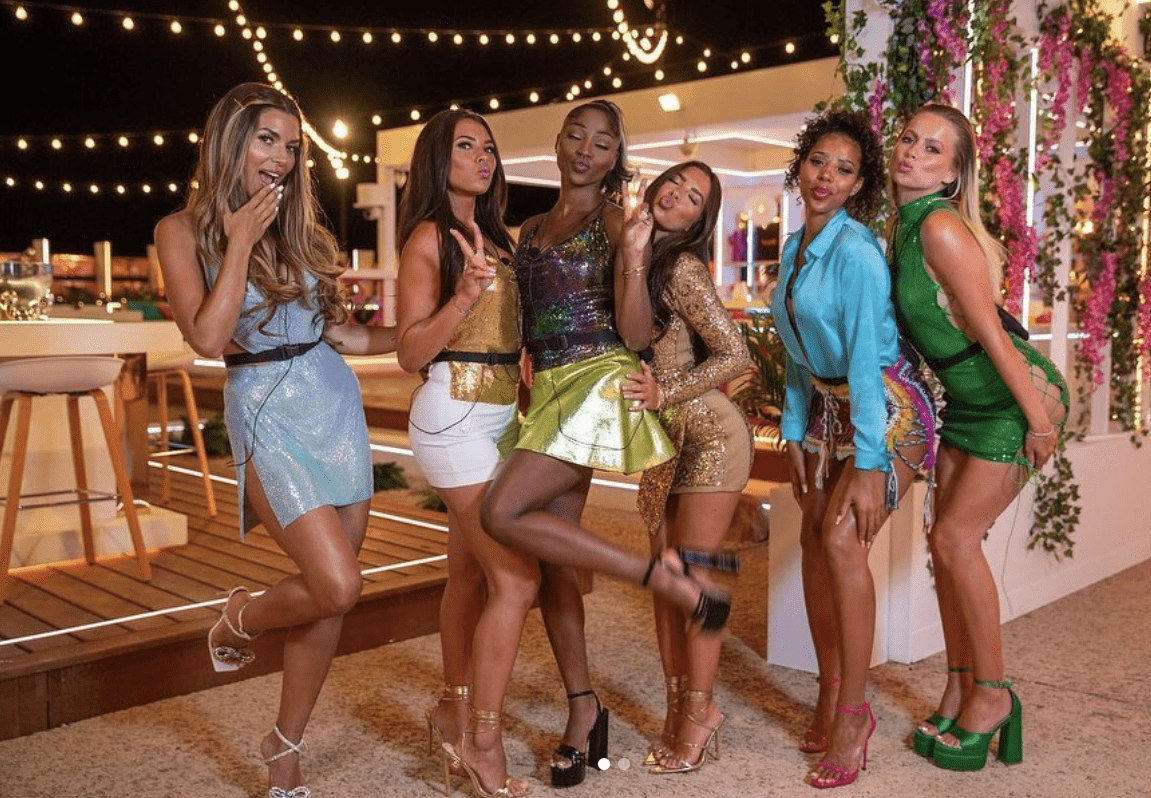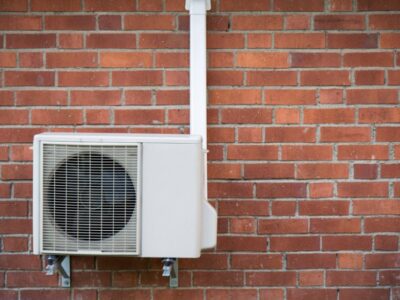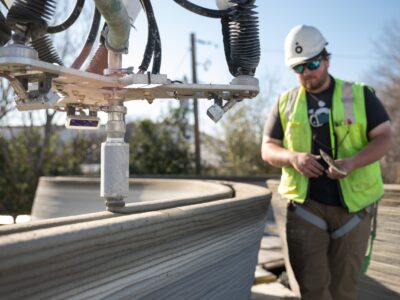A partnership between the reality show “Love Island” and online sales giant eBay set the stage for sustainability in the fashion industry by encouraging consumers to shop for second-hand clothing. Though the program initially partnered with fast fashion brands such as I Saw it First, the latest season’s cast members wore only pre-loved clothes from a shared wardrobe. Formal wear, poolside outfits, and date night options were all used clothing. The partnership allows audiences to find similar items in eBay’s specially-curated Love Island Looks Collection.
“Love Island” is one of the most popular reality shows worldwide. Though originally a U.K. program, American and Australian versions are now driving global popularity. The eight-week program sends contestants, known as “the Islanders,” into a luxury Villa where they are placed in couples groups. They spend a week interacting and re-coupling themselves, with the one contestant left single at the end of each week sent home. Audiences vote for their favorite couples, driving the mania over the program on social media.
The “Love Island”-eBay partnership aimed to sway its decidedly young audience (43% of viewers under 30) to recycle clothes instead of purchasing fast fashion apparel.
Fast fashion is inexpensive, quickly-made clothing that copies more-expensive items celebrities wear. A recent University of Arkansas study reported that most fast fashion shoppers are between 18 and 24, a perfect alignment with the “Love Island” demographic.
Changing clothing shopping habits is critical to combating climate change and greenhouse gas emissions. The fashion industry, driven by this fast fashion production, is the second biggest consumer of water in the world, just behind agriculture. It is responsible for as much as a 10th of global greenhouse gas emissions and nearly a quarter of global insecticide pollution. The fashion industry relies on water to irrigate crops, uses oil-based pesticides and massive amounts of machinery to harvest crops, and burns through significant emissions to transport the clothes to retailers.
“In the face of growing environmental threats, there is an urgent need to radically change our consumption and production systems. In this regard, a more sustainable fashion industry has a critical role to play,” said Naoko Ishii, CEO and chairperson of the Global Environment Facility. “Love Island” and eBay are helping to lower worldwide global emissions by making it easy for consumers to say, “hey! I love that look,” and “here it is used on eBay.” Online fashion sales grow by more than 10% when “Love Island” airs. That’s a promising result, opening the door for other television programs and social media influencers to steer consumers toward sustainable products.





